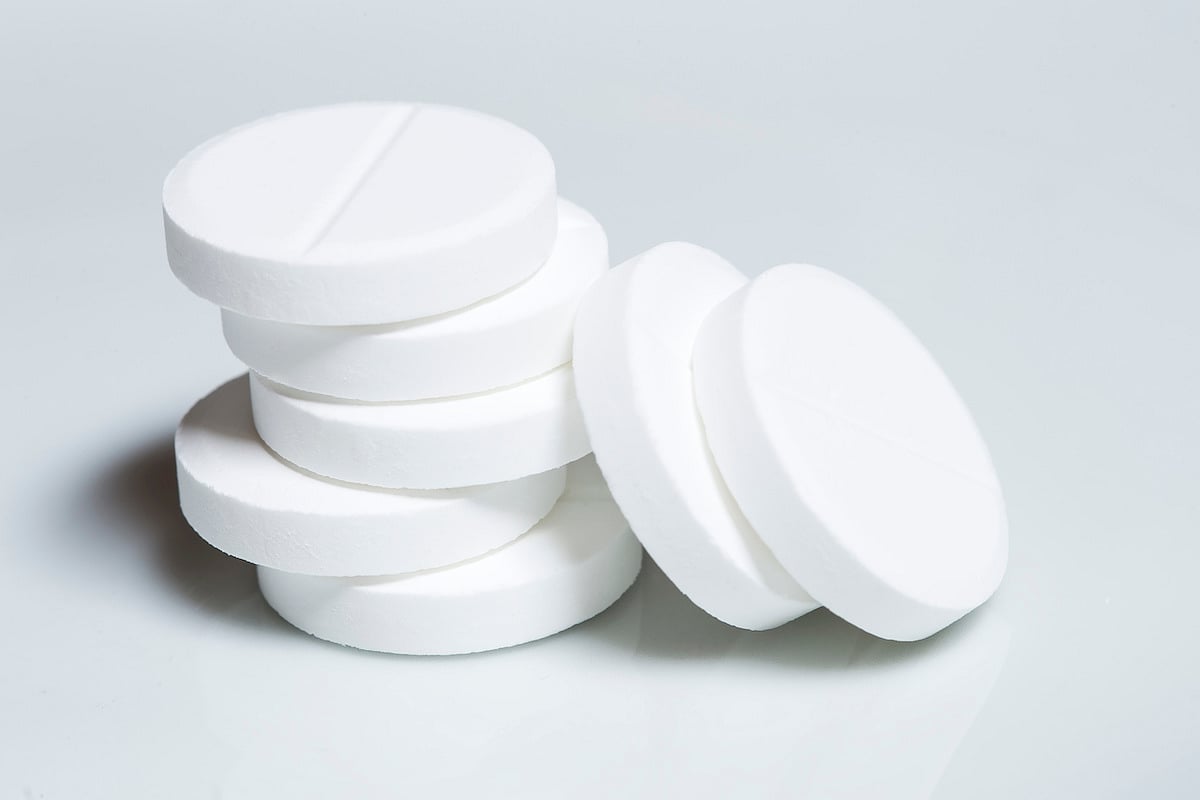Photo Credit: iStock.com/koto_feja
The following is a summary of “Effect of pre-existing coronavirus antibodies on SARS-CoV-2 infection outcomes in exposed household members,” published in the April 2025 issue of Journal of Infectious Diseases by Westerhof et al.
Researchers conducted a retrospective study to examine how pre-existing antibodies against SARS-CoV-2 and seasonal human coronaviruses influenced infection outcomes in household members exposed to Omicron BA1/2 from January to March 2022.
They analyzed data from a household study in the Netherlands, including 63 households with 195 members exposed to a SARS-CoV-2 Omicron BA1/2 index case. The protocol involved repeated nose-throat swabs and saliva RT-PCR testing, paired serology, and self-reported daily symptom scoring. Infection outcomes included secondary infections, symptom burden, and CT value trajectories. Baseline binding antibody levels for SARS-CoV-2 and seasonal coronaviruses (hCoV) NL63, 229E, HKU1, and OC43 spike protein were assessed for the impact on SARS-CoV-2 infection outcomes.
The results showed that 132 of 195 (68%) exposed household members developed a SARS-CoV-2 infection. Higher baseline levels of SARS-CoV-2 antibodies were linked to a lower risk of secondary infection (adjusted odds ratio 0.73, 95% confidence interval 0.55-0.99). No significant associations were found between antibody levels and symptom burden or CT value trajectories.
Investigators concluded that prior SARS-CoV-2 antibodies offered some protection against Omicron BA1/BA2 infection, although no effects on symptom burden or CT-value were explained.
Source: academic.oup.com/jid/advance-article/doi/10.1093/infdis/jiaf172/8106540














Create Post
Twitter/X Preview
Logout